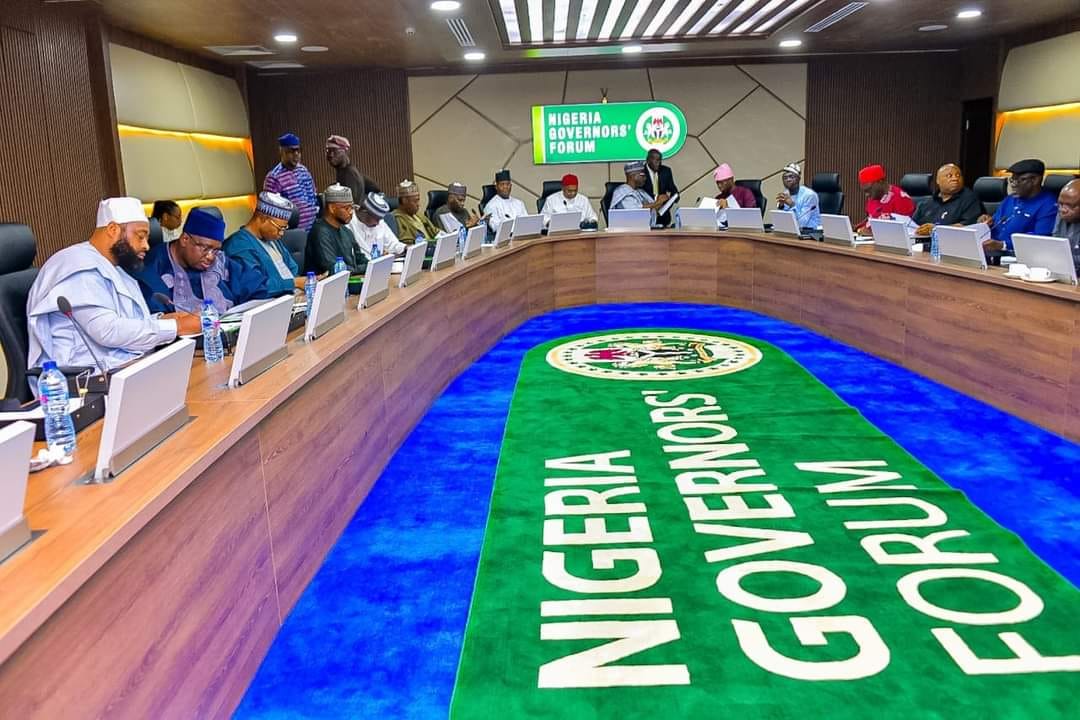The 55-year-old Bad Boy Records founder was handed the sentence on Friday by Judge Arun Subramanian at a New York federal courthouse.
ArticlesRead More
The 55-year-old Bad Boy Records founder was handed the sentence on Friday by Judge Arun Subramanian at a New York federal courthouse.
ArticlesRead More
According to the statement, the situation led to other DSS officers physically dragging their fellow officer out of Mazi Nnamdi Kanu’s cell as he was seen kicking him. ArticlesRead More
The police officers indicted in the assault are those who handled the case including the lead counsel, Adama, CSP Ilyasu Barau and ACP Victor of the State CID in Abuja. ArticlesRead More
